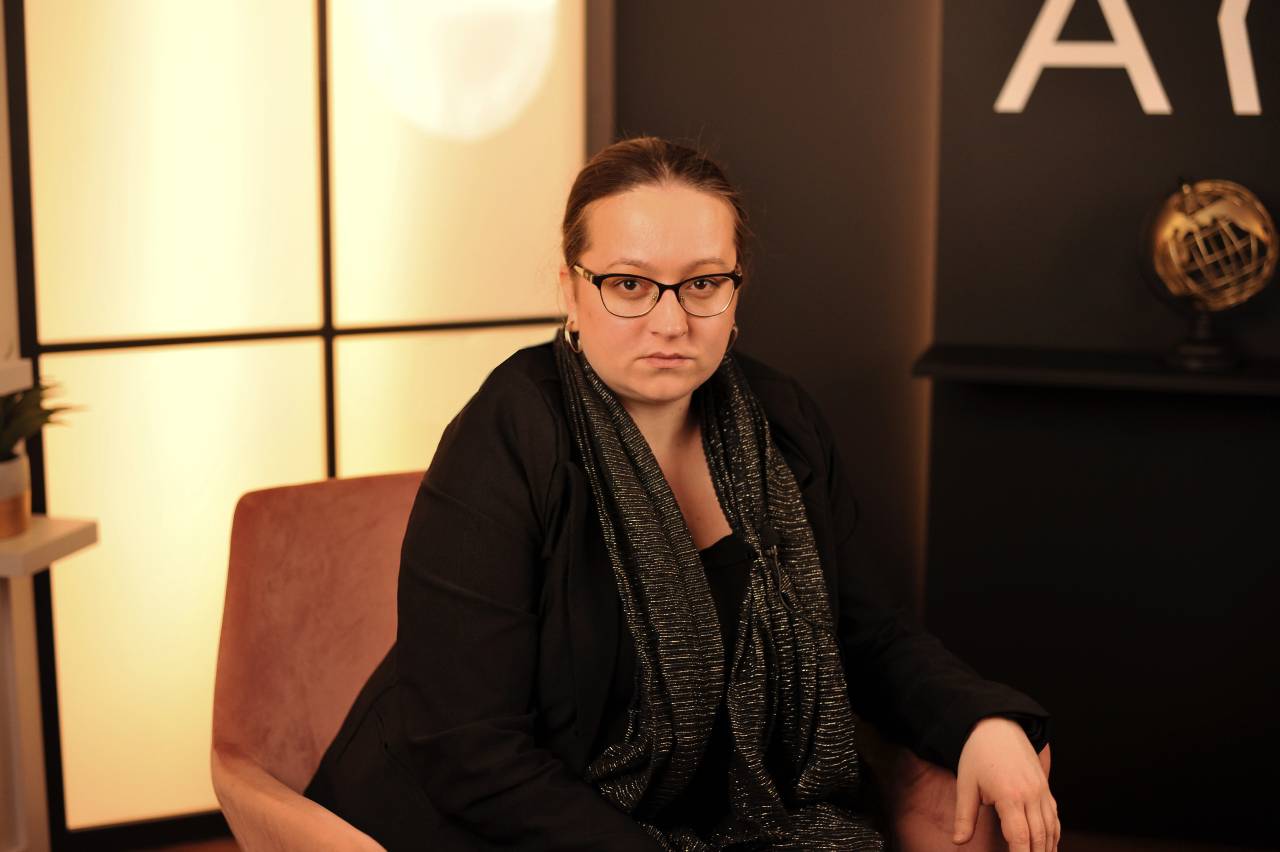The European Commission’s latest non-paper on Chapters 23 and 24 is a clear signal for caution – while the political will for enlargement remains unequivocal, the EU is now making it explicitly clear that only tangible results and meaningful reforms will be taken into account from this point forward.
If Montenegro wants to close the rule of law negotiation chapters by the end of 2026, it must prove it through concrete actions and measurable outcomes – not just plans and declarations. The Commission has already described this ambition as “objectively ambitious,” which in diplomatic language means it is possible, but only if the government urgently accelerates reforms and finally demonstrates real political will.
The messages from Brussels may not be harsh in tone, but they are precise and leave no room for misinterpretation. The Commission notes serious delays and backsliding, and reminds that key recommendations have been on the table for years without any genuine political determination to implement them. That is why the authorities must take Brussels’ signals seriously and abandon superficial approaches and political games that have so far stalled reforms.
One of the most critical issues raised relates to visa policy. Rather than aligning with the EU’s visa regime, as required by one of the closing benchmarks, the Government has adopted decisions that take the policy even further from European standards. The Commission bluntly states that Montenegro is regressing with these decisions and damaging its own credibility. The unavoidable impression is that short-term financial interests are being prioritized over long-term European obligations, thereby undermining trust and casting doubt on the government’s sincerity regarding its European commitments.
In the area of the judiciary, the issue of Constitutional Court judges’ retirement remains unresolved due to conflicting legal interpretations. Although the Venice Commission has long recommended the adoption of a dedicated law that would clearly and uniformly regulate judges’ employment rights, including retirement criteria, this has yet to happen. Such delay is not only unacceptable, it has already led to a serious institutional crisis – one that could have been avoided had there been political will to resolve the issue systematically, rather than use it as a tool for short-term political purposes. The European Commission is now unequivocally stating that Montenegro must resolve this matter without further delay.
What is particularly troubling is the lack of meaningful progress on electoral reform, which has for over a decade been identified as crucial for democratic development. The Commission notes that the Law on Financing of Political Entities and Election Campaigns is still not aligned with EU standards, despite Montenegro’s commitment to do so by the end of 2024. Furthermore, inconsistencies between this law and the Law on the Election of Councillors and Members of Parliament continue to hinder oversight of campaign spending.
At the same time, political elites still appear focused on fulfilling formal requirements through partial or cosmetic changes, while ignoring core recommendations – such as introducing deterrent sanctions, preventing abuse of public resources, and ensuring transparency of campaign expenditures. This approach, which CDT has warned about for years, cannot lead to genuine progress. If electoral reform is to be taken seriously, it must be comprehensive, address interconnected legislation, and be carried out through an inclusive and expert-driven process, rather than through party bargaining.
In the domain of media freedom, the Commission’s report highlights the urgency of resolving delays in the appointment of members to the Councils of the Agency for Electronic Media and the Public Broadcaster RTCG. Instead of opening the door, in line with new legislation, to the selection of independent and qualified members, we are witnessing a situation in which the parliamentary majority systematically blocks competitions because candidates who meet the professional criteria are not politically suitable. This undermines the entire reform effort and confirms that the core goal – depoliticization of these bodies – remains merely a written promise. Such practices directly undermine legislative reforms in the media sector and send a clear message that institutions that ought to be professional and independent remain under party control. The European Commission demands that appointments be carried out without further delay – based on merit, not political interests.
If domestic institutions continue to stall, simulate reform, and settle for declarations instead of action, Montenegro will miss a historic opportunity. The political will for EU membership exists, but the speed and success of the process depend solely on Montenegro’s reform performance. If no concrete progress is made, the blame for a missed opportunity cannot be placed anywhere outside the country.
Milica Kovacevic, Program Director of CDT



